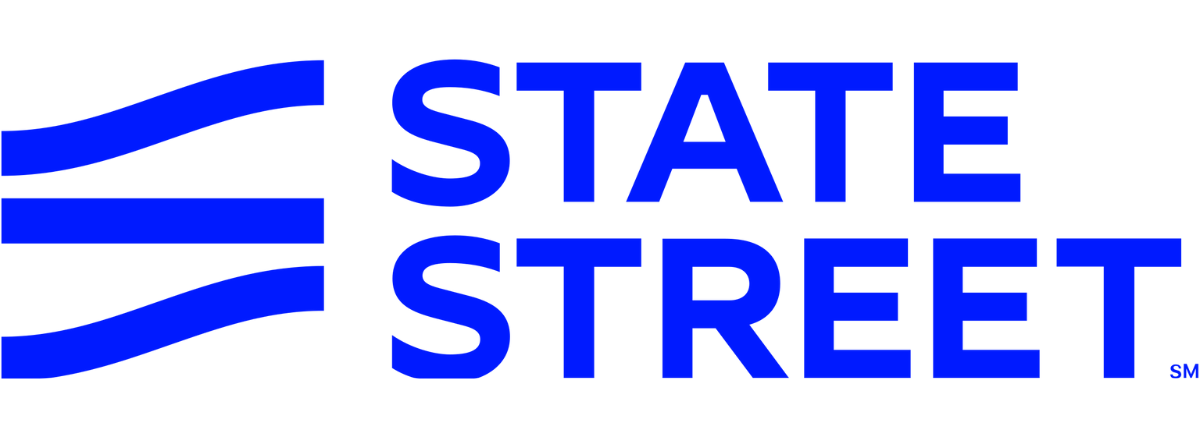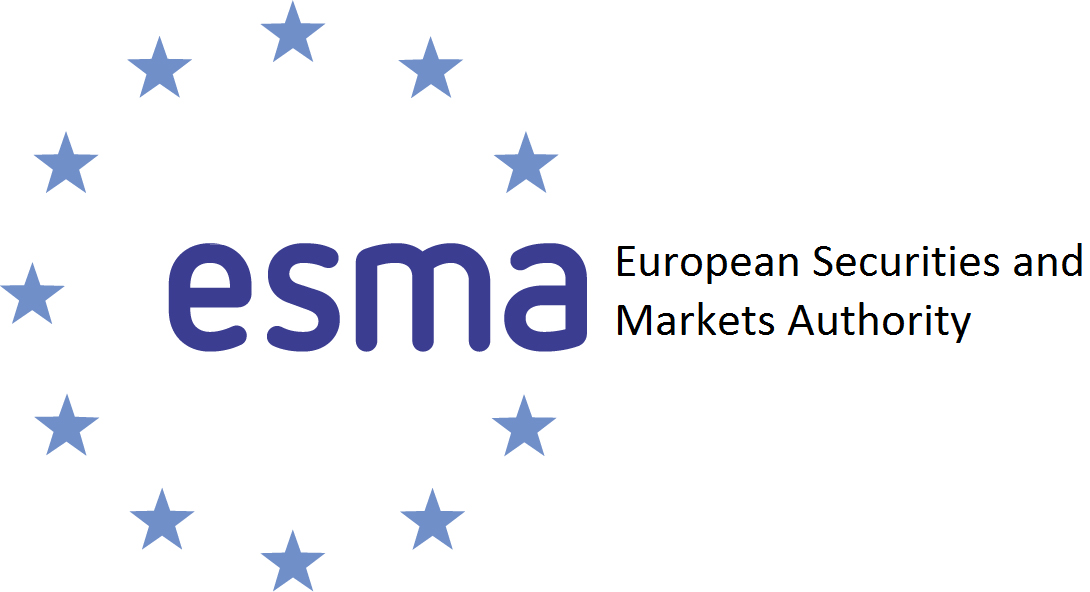Investors are facing higher costs when trading ETFs as the impact of the Central Securities Depositary Regime (CSDR) is leading authorised participants (APs) to widen bid-ask spreads, experts have warned.
APs have been facing severe penalties for the failure to settle on time under CSDR which are then passed on to investors via wider spreads.
CSDR was implemented in February 2022 in a bid to improve efficiency across the European market by fining firms that fail to settle equity, bonds and ETF trades on time, however, it has been plagued with issues so far.
The initial role out of CSDR was extremely challenging for the market with issues surrounding the enforcement and reporting of penalties leading to months of delays to ensure they were allocated correctly.
Ciaran Fitzpatrick, head of ETF servicing at State Street, said feedback from the market suggests the penalty risks are negatively impacting the cost to trade ETFs.
“While failing to settle a handful of underlying trades does not lead to significant penalties to the counterparty, failure to settle the ETF leads to a penalty based on the total value of the ETF order which can lead to severe penalties to the authorised participants,” he said.
“The risk of such penalties is leading to wider spreads in the primary and secondary market based on feedback we have heard, therefore the impact is being passed on to end investors.”
It comes as the Bank of England (BoE) warned last December that late settlement penalties have been “bigger than expected” due to technical issues with legacy systems, liquidity of the underlying security and “deliberate fails” by market makers.
It said CSDR penalties have “not made a large improvement so far” with the level of fines remaining high, particularly in Europe.
The BoE also noted how market makers have often chosen to purposely delay settlement after weighing up the penalty cost for failing and the cost to create a new product.
According to Frank Mohr, global head of ETF sales trading at Société Générale, a new framework has been implemented for market participants to precisely calculate whether it is cheaper to pay the fine or make a primary deal.
“Market participants know the expected potential fine for a settlement fail and the costs of a primary deal, so they can decide if it is cheaper to pay the CSDR fee or to create the ETF,” he said.
He added overall fines would be reduced if market participants were willing to accept partial settlement.
Meanwhile, Gavin Haran, head of policy for asset management at Macfarlanes, said policymakers might conclude the mandatory buy-in to be the only solution to poor settlement rates.
“The unfortunate outcome is EU policymakers might well conclude that cash penalties alone are insufficient to incentivise successful settlement, including the incentives for firms to improve their systems, and consider mandatory buy-in to be the ready solution,” he said.
“Although that conclusion would seem to ignore the structural, market constraints that firms face, and would further increase the costs of all trades.”
The European Commission has previously said it had the option to reintroduce buy-ins – contractually requiring authorised participants to source securities elsewhere in the event of a settlement fail – if the rate of failures did not improve.
Last June, the European Securities and Markets Authority (ESMA) said it will suspend the mandatory buy-in regime for three years.







